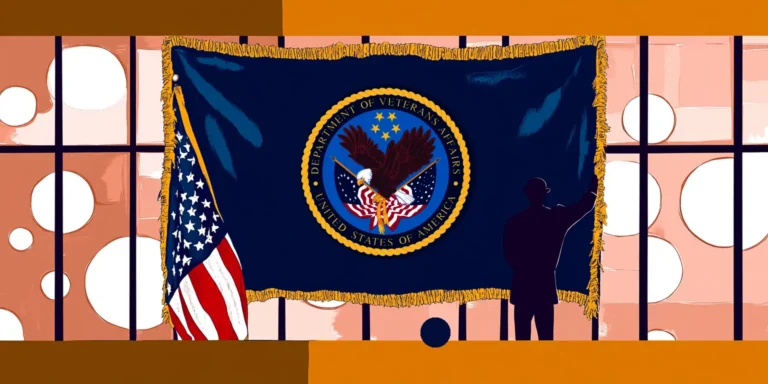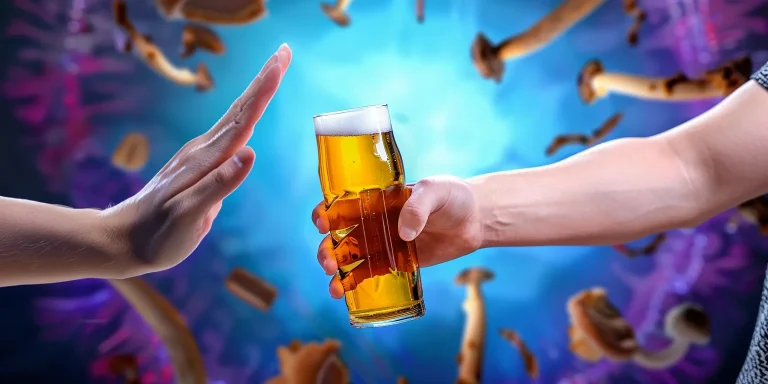In the week’s Psychedelic News roundup, Michael Pollan, author of How To Change Your Mind, recently spoke at Harvard’s Fong Auditorium. His talk touched on what he sees as the future of psychedelic medicine and how to create a space for recreational psychedelic use.
Exploring Psychedelics: Michael Pollan’s Insights at Harvard
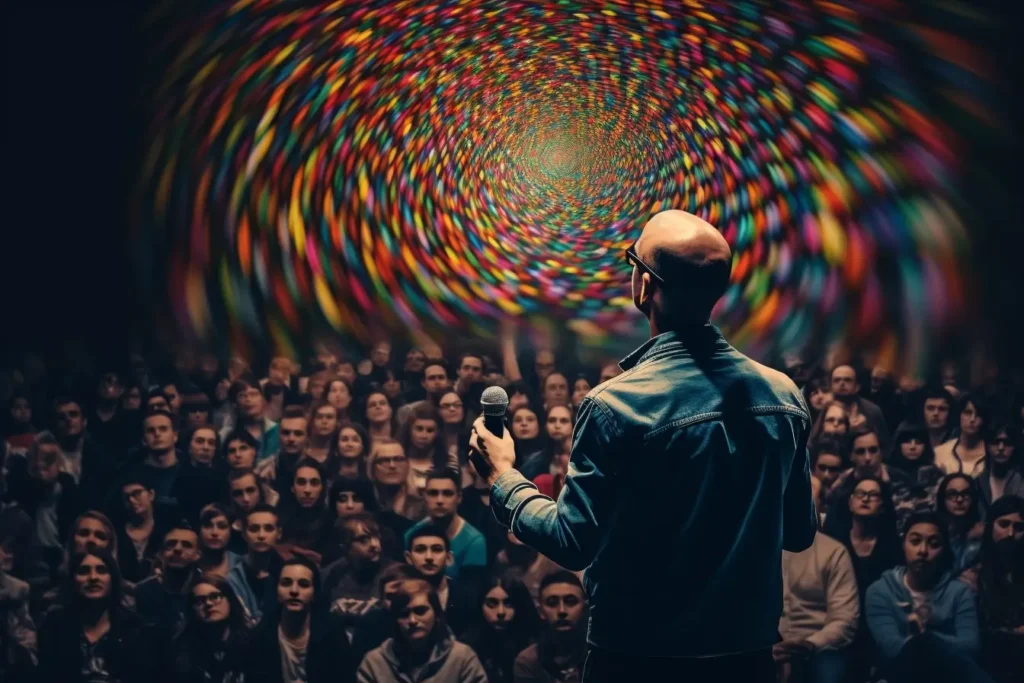
In an article from the Harvard Gazette, Michael Pollan, a professor and author known for his works on psychedelics, recently spoke at Harvard’s Fong Auditorium about the evolving role of these substances in society. During this event, which marked the beginning of Harvard’s Study of Psychedelics in Society and Culture initiative, Pollan discussed the potential applications of psychedelics in medicinal, religious, and recreational contexts. He highlighted the ongoing research at various U.S. universities, focusing on the constructive uses of substances like mushrooms and ecstasy. Pollan’s talk emphasized the importance of the new interdisciplinary program at Harvard, which he will be involved in, and its integration of various academic disciplines, including contributions from the University of California, Berkeley.
Pollan predicts significant developments in the medicinal use of psychedelics, with the FDA likely to approve MDMA for treating PTSD within a year and Psilocybin for depression soon after. He underscored the unique approach of Harvard’s project, which combines expertise from different faculties, including the Divinity and Law Schools. This approach enables the exploration of nonclinical applications, particularly in religious contexts. Pollan cited historical uses of psychedelics in religious rituals, such as the use of peyote by Indigenous peoples and Psilocybin by the Aztecs, likening their effects to meeting a deity.
The talk also addressed the challenges and opportunities in designing recreational uses for psychedelics. Pollan noted the relatively low risk of addiction and the absence of a lethal dose for substances like Psilocybin and LSD, particularly for older adults. However, he cautioned about the risk of psychotic breaks, emphasizing the importance of careful administration. Pollan revisited his own experiences with psychedelics, particularly a Psilocybin trip, and its profound impact on his self-perception and writing. The event, hosted by Professor Bruno Carvalho, highlighted Pollan’s belief in the transformative power of psychedelics, both in personal and societal contexts.(1)
Keep Up with Psychedelic Trends
Don’t miss the latest psychedelic news, events, companies, and more.
We respect and protect your privacy. By subscribing your info will be subject to our privacy policy. Unsubscribe easily at any time
Cannabis Versus Opioids in Pain Management: The Power of Flower
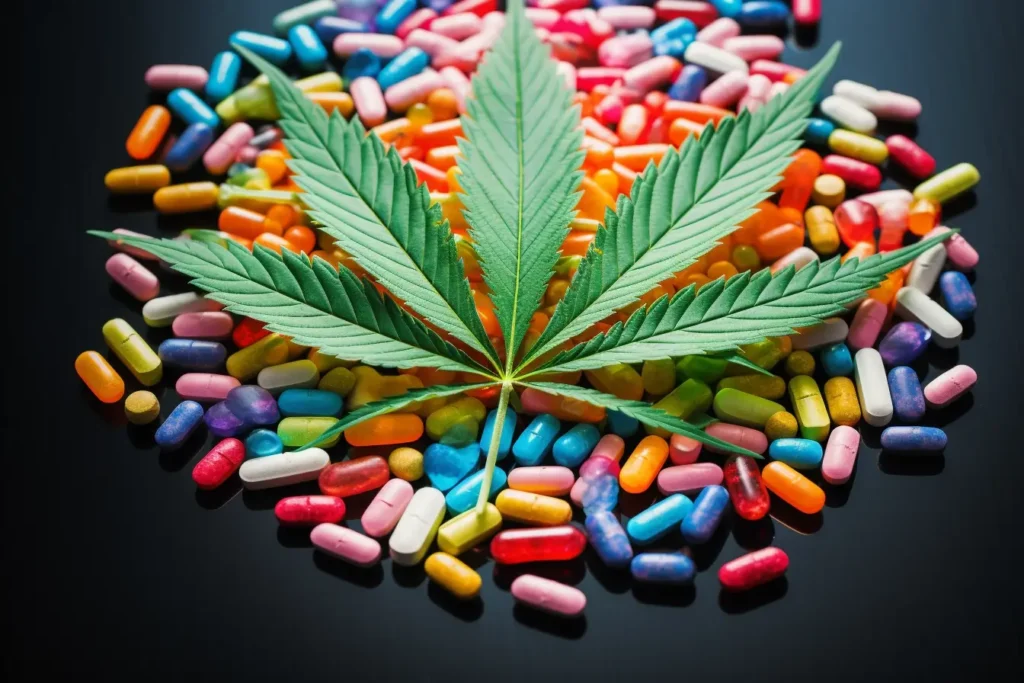
As detailed by Marijuana Moment, a new study published in the Journal of Cannabis Research has found that medical marijuana (MC) and opioids offer equal efficacy in reducing pain intensity in patients with chronic pain. However, the study, led by Åbo Akademi University’s Professor Jussi Jylkkä and his Finnish research team, highlights the additional holistic benefits of medical cannabis. These benefits extend beyond pain relief, improving sleep, focus, emotional well-being, and overall sense of control. The study involved 201 chronic pain patients, with 40 using medical marijuana and 161 using opioids, some of whom used both.
The research methodology included retrospective surveys where patients reported the phenomenological effects of their medication. The findings indicated that while both medical cannabis and opioids were effective in reducing pain intensity, MC was perceived to have a broader positive impact on related factors. This includes improved emotion, functionality, and overall well-being. The study notes that the use of medical marijuana led to deeper relaxation, better sleep, enhanced mood, and an improved ability to experience pain without reacting negatively to it.
The authors of the study assert that the psychoactive effects of medical cannabis are integral to its therapeutic impact on pain. Contrary to misconceptions, they clarify that by ‘psychoactive’, they refer to a holistic alteration of consciousness towards a more positive direction or ‘normality’ rather than an altered state of perception. They found no evidence that medical cannabis distorted cognitive processes; instead, it was perceived to improve memory, focus, and clarity of thought. The study aligns with previous research showing additional benefits of medical cannabis in treating chronic pain, suggesting that it affects the pain experience more holistically than traditional analgesics. The study also highlights the superior efficacy of whole-plant cannabis flower over synthetic THC or isolated cannabinoids, contributing to the growing body of evidence supporting the effectiveness of whole-plant cannabis in pain management.(2)
Understanding the Possible Long-Term Challenges of Psychedelic Use
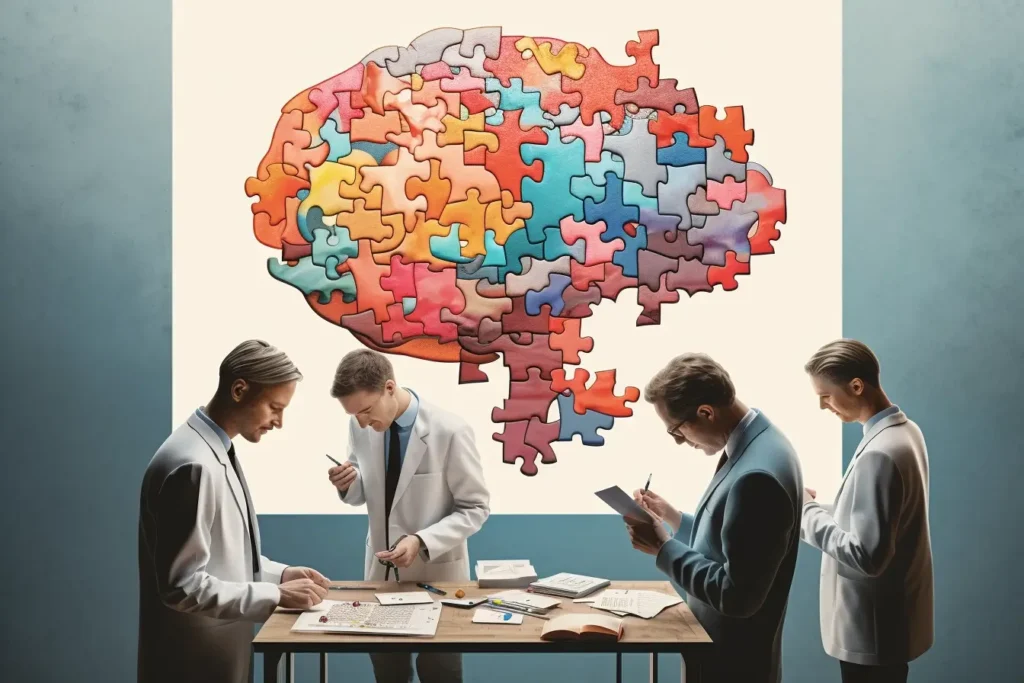
A study published in PLOS One by Jules Evans and colleagues has investigated the enduring challenges faced by individuals after using psychedelic substances like psilocybin and LSD. This research, essential in understanding the long-term effects of psychedelics, revealed that emotional difficulties, such as anxiety and fear, were the most common issues, followed by self-perception and cognitive challenges. The study was motivated by the rising use of psychedelics for therapy and personal growth and the need to understand potential long-term adverse effects.
The study involved self-reported data from 608 English-speaking adults who had experienced difficulties lasting more than 24 hours following a psychedelic experience. Participants provided detailed information about their experiences, including the type of substance used, dosage, and setting. The substances most commonly reported were psilocybin and LSD, followed by ayahuasca, cannabis, MDMA, DMT, ketamine, mescaline, and salvia divinorum. The settings varied from guided (with a specialist) to unguided (without a specialist). The researchers categorized the enduring difficulties into emotional, existential or ontological, social, self-perception, perceptual, cognitive, somatic, and behavioral challenges, with a small minority experiencing symptoms akin to a psychotic episode.
The study revealed that many individuals experienced challenges lasting one to three years or even longer. Emotional difficulties, including anxiety, fear, and panic, were prevalent, along with existential struggles and derealization. Participants also reported social and self-perception difficulties, such as communication issues and depersonalization. Perceptual and cognitive issues were common as well, including visual hallucinations and difficulty thinking clearly. Somatic difficulties like sleep problems and behavioral challenges, such as career or study performance issues, were also reported. However, the study did not distinguish between participants with a history of mental health problems and those without.
Keep Up with Psychedelic Trends
Don’t miss the latest psychedelic news, events, companies, and more.
We respect and protect your privacy. By subscribing your info will be subject to our privacy policy. Unsubscribe easily at any time
The researchers found that challenging psychedelic experiences and unguided settings were associated with a greater range of difficulties. However, factors like prior mental illness diagnoses did not significantly predict the duration or variety of enduring challenges. Despite these challenges, a majority of the participants continued to use psychedelic drugs, and nearly 90% believed the insights and healing from psychedelics were worth the risks.
This study provides critical insights into the long-term challenges following psychedelic use but has limitations, including its reliance on self-reported data and a predominantly English-speaking sample. Further research is needed to understand the commonality of these difficulties among all psychedelic users and to explore interventions that could alleviate these enduring challenges.(3)
Cannabis: A Psychedelic Under Specific Conditions?

A study published in the Journal of Psychopharmacology explores whether cannabis can be classified as a psychedelic substance. While cannabis is widely recognized as psychoactive and psychotropic, affecting the mind and perception, its classification as a psychedelic is not straightforward. The study, titled “The psychedelic effects of cannabis: A review of the literature,” investigates this question in the context of the ongoing psychedelic renaissance, which has seen increased therapeutic use of substances like psilocybin and MDMA.
The researchers reviewed existing literature to determine if cannabis possesses psychedelic properties, focusing on high doses of THC. They found that cannabis does have psychedelic effects, particularly at higher THC levels. However, unlike classic psychedelics such as LSD and psilocybin, cannabis doesn’t consistently produce psychedelic effects. The study notes that while cannabis can alter cognition, thinking, and mood, it doesn’t always lead to the expanded consciousness or ‘trips’ typically associated with classic psychedelics.
The review included studies where participants reported cannabis-induced perceptual changes similar to classic psychedelics, including dissociative states and auditory and visual hallucinations. One survey highlighted that 88% of cannabis users experienced minor perceptual effects like intensified colors, while 50% reported major effects such as distortions and hallucinations. The research also indicated that cannabis could alter the effects of other psychedelic substances.
The researchers suggest that the inconsistent psychedelic effects of cannabis might be due to how THC and CBD interact with 5-HT2A receptors, which are serotonin receptors in the central nervous system. High doses of THC activate these receptors, whereas CBD seems to have an inhibitory effect. The study indicates that the THC dose required to evoke mystical experiences might be much higher than typically used in casual settings. This calls for further research to identify the threshold dose for such effects.
In conclusion, the study recommends conducting randomized, controlled trials in psychedelic-supportive settings to investigate further whether THC-dominant cannabis can produce experiences akin to classic psychedelics. This research could open up new avenues for understanding the therapeutic potential of cannabis in contexts where classic psychedelics are not legally accessible.(4)
Massachusetts Psychedelics Legalization Initiative Gathers Momentum
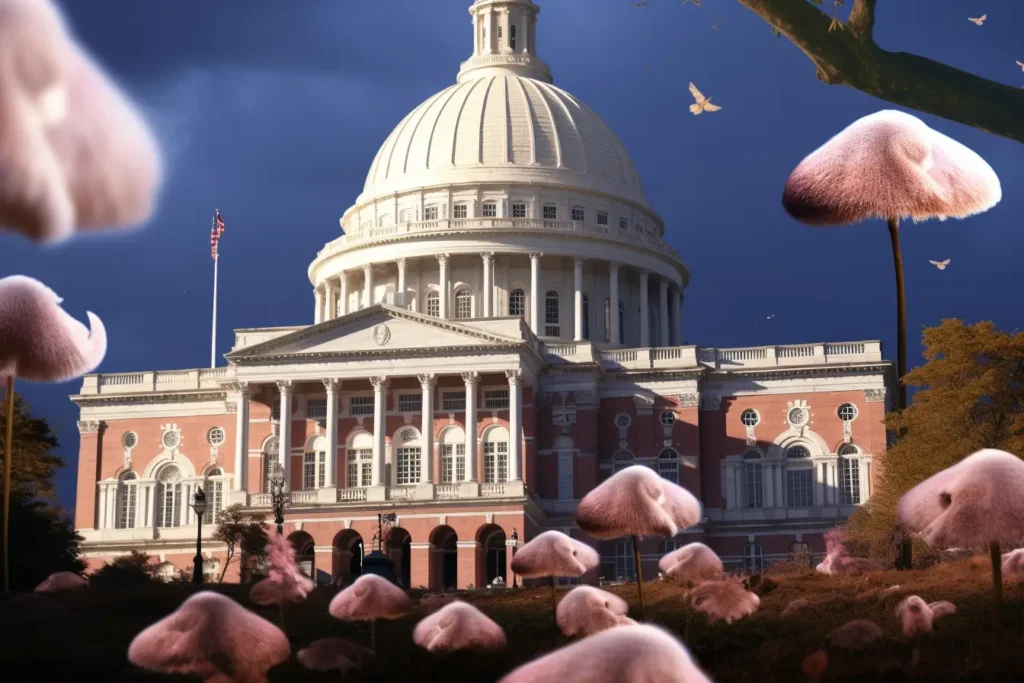
Coming to us from Marijuana Moment, the Massachusetts campaign for psychedelic legalization, led by Massachusetts for Mental Health Options and backed by New Approach PAC, is set to submit an additional 100,000 signatures for a ballot initiative. This follows a setback where officials discovered technical issues with previously submitted petitions. The campaign initially submitted a sufficient number of signatures last month, but some signatures were invalidated due to a labor union logo violating state rules. A vigorous petition drive was launched in response, significantly exceeding the required signatures.
The initiative aims to legalize the therapeutic use of psychedelics, such as psilocybin and ayahuasca, in Massachusetts. The proposal will be presented to state lawmakers in 2024 if the signatures are validated. If not enacted by the legislature, supporters must gather additional signatures to place the issue on the November 2024 ballot. The campaign’s spokesperson, Jennifer Manley, emphasized the potential benefits of psychedelics for residents suffering from PTSD, depression, and anxiety.
The proposed Natural Psychedelic Substances Act includes key provisions such as legal possession, growth, and sharing of certain amounts of psychedelics by adults 21 and older. It sets possession limits for substances like DMT, mescaline, ibogaine, psilocybin, and psilocin and outlines penalties for exceeding these limits. The act also proposes the establishment of a Natural Psychedelic Substances Commission and an Advisory Board to oversee implementation and licensing, with regulations for at least one psychedelic to be enacted by April 1, 2026. Psychedelics purchased at licensed facilities would be subject to a 15 percent excise tax, with an optional additional two percent local tax.
The campaign’s efforts are part of a broader movement in Massachusetts, where local groups like Bay Staters for Natural Medicine (BSNM) have been advocating for psychedelics reform. BSNM plans to propose revisions to the initiative, seeking to give localities more control over psychedelic services. Additionally, several bills related to psychedelics reform have been introduced in the Massachusetts legislature, reflecting a growing interest in the therapeutic potential of these substances.(5)
Michael Pollan’s visionary talk at Harvard epitomizes this new era of understanding, where the boundaries between medicine, spirituality, and personal enlightenment are increasingly blurred. The juxtaposition of studies on medical cannabis and the long-term effects of psychedelics further illustrates the nuanced landscape we are navigating. With initiatives like the Massachusetts legalization campaign gaining traction, it’s evident that society is on the cusp of a profound shift. This shift is not just about legalizing substances but about redefining our relationship with consciousness and healing. As we stand at this crossroads, the lessons and insights from these developments could dictate the trajectory of mental health, spirituality, and personal freedom in the coming years.
Sources

1. Murphy, T. (2023, November 21). Michael Pollan looks at re-entry of psychedelics. Harvard Gazette. https://news.harvard.edu/gazette/story/2023/11/michael-pollan-looks-at-re-entry-of-psychedelics/
2. Adlin, B. (2023, November 20). Marijuana And Opioids Are “Equally Efficacious” In Reducing Pain, With Cannabis Offering Additional “Holistic” Benefits, Study Shows. Marijuana Moment. https://www.marijuanamoment.net/marijuana-and-opioids-are-equally-efficacious-in-reducing-pain-with-cannabis-offering-additional-holistic-benefits-study-shows/
3. Evans, J., Robinson, O., Eirini Ketzitzidou-Argyri, Shayam Suseelan, Murphy-Beiner, A., McAlpine, R., Luke, D., Michelle, K., & Prideaux, E. (2023). Extended difficulties following the use of psychedelic drugs: A mixed methods study. PLOS ONE, 18(10), e0293349–e0293349. https://doi.org/10.1371/journal.pone.0293349
4. David Isaac Wolinsky, Barrett, F. S., & Vandrey, R. G. (2023). The psychedelic effects of cannabis: A review of the literature. Journal of Psychopharmacology. https://doi.org/10.1177/02698811231209194
5. Jaeger, K. (2023, November 21). Massachusetts Psychedelics Campaign To Submit 100,000 More Signatures For Legalization Ballot Initiative After Officials Discover Invalid Petition Forms. Marijuana Moment. https://www.marijuanamoment.net/massachusetts-psychedelics-campaign-to-submit-100000-more-signatures-for-legalization-ballot-initiative-after-officials-discover-invalid-petition-forms/
This material is not intended as a replacement or substitute for any legal or medical advice. Always consult a medical professional about your health needs. Psychedelics are widely illegal in the United States, and readers should always be informed about local, state, and federal regulations regarding psychedelics or other drugs.

 David Connell
David Connell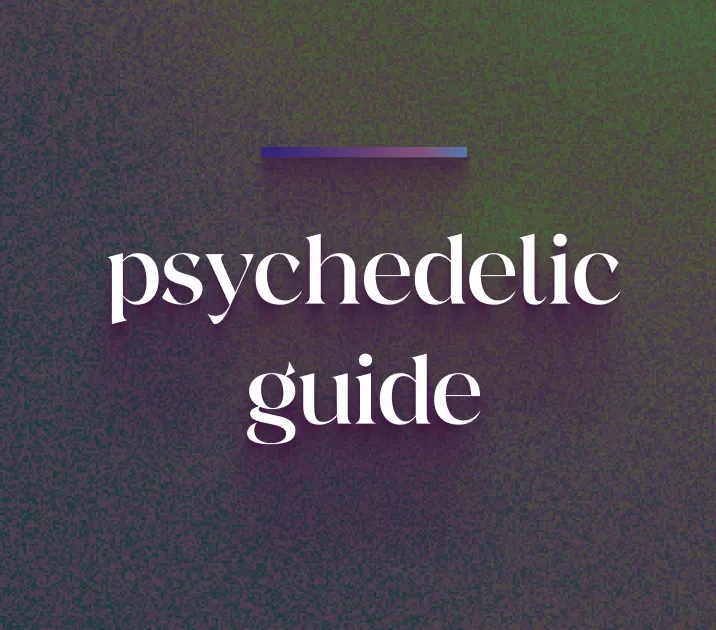
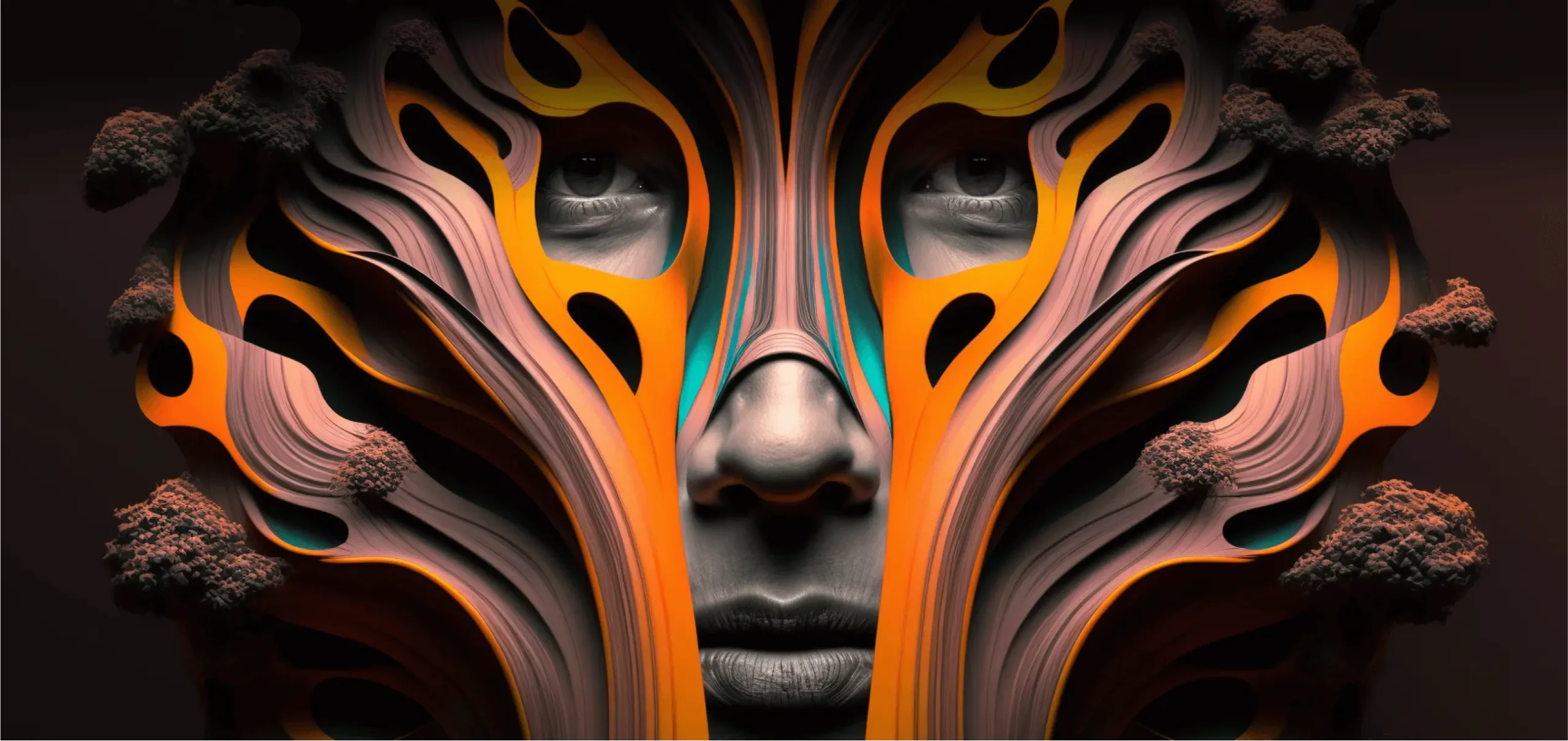

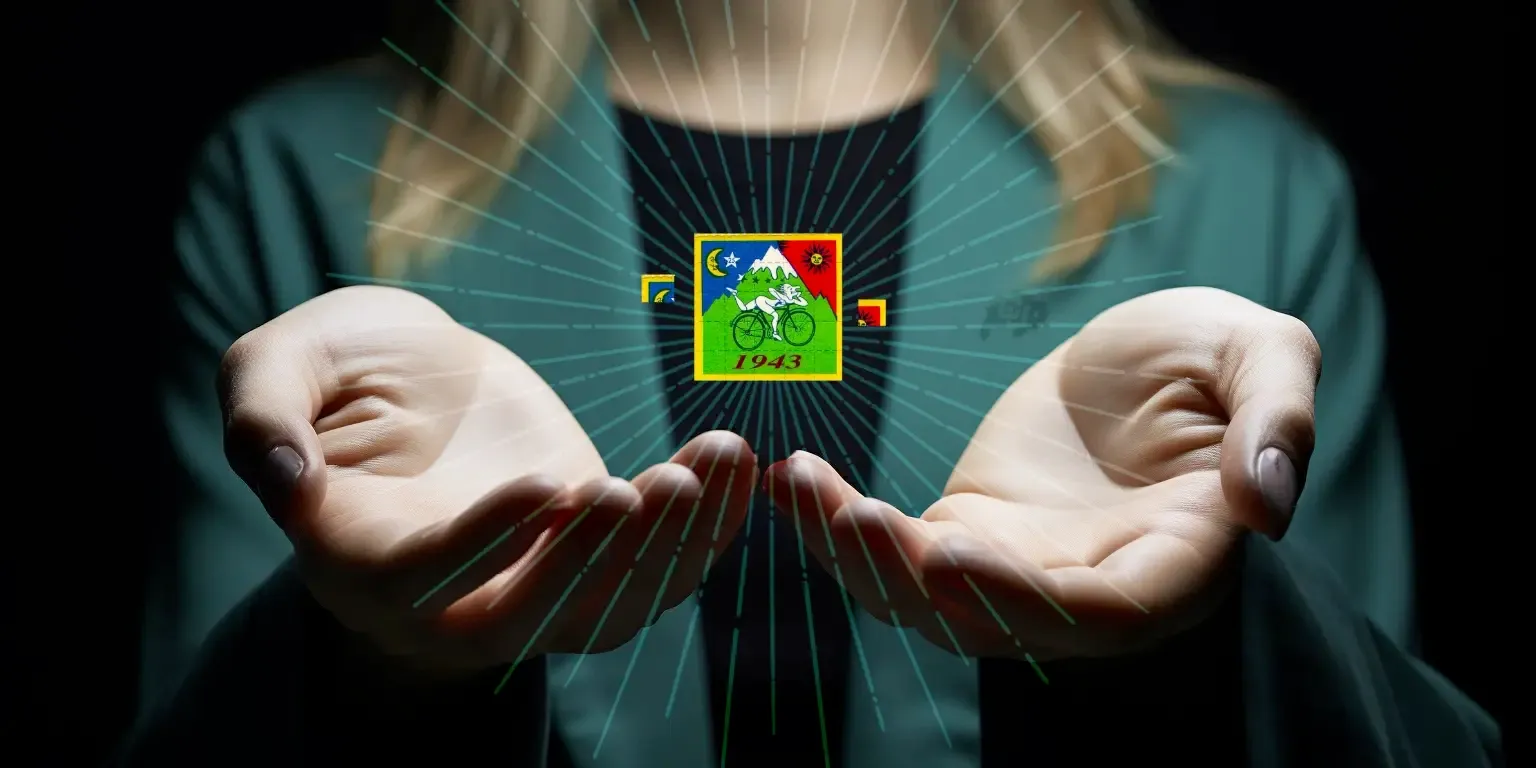

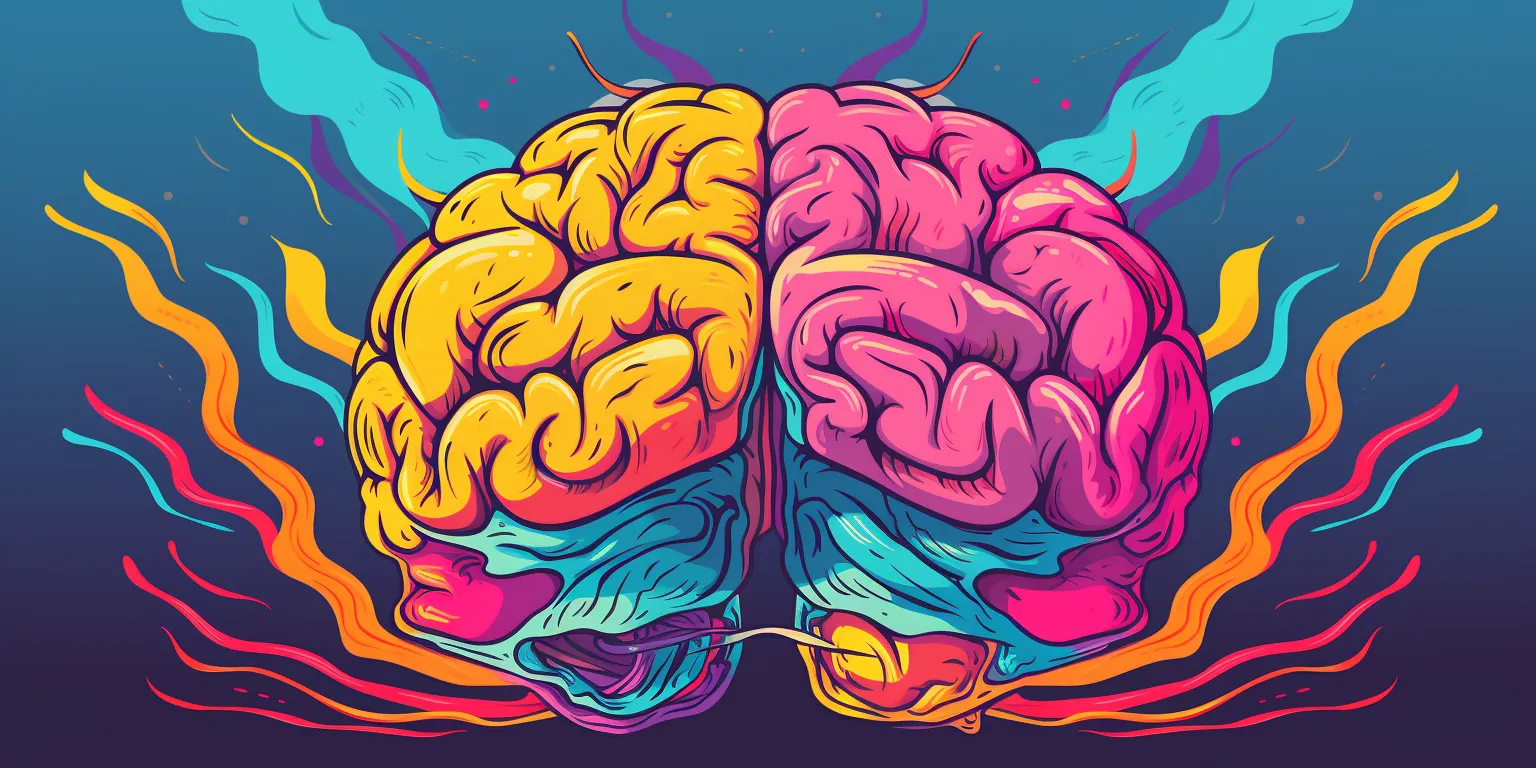
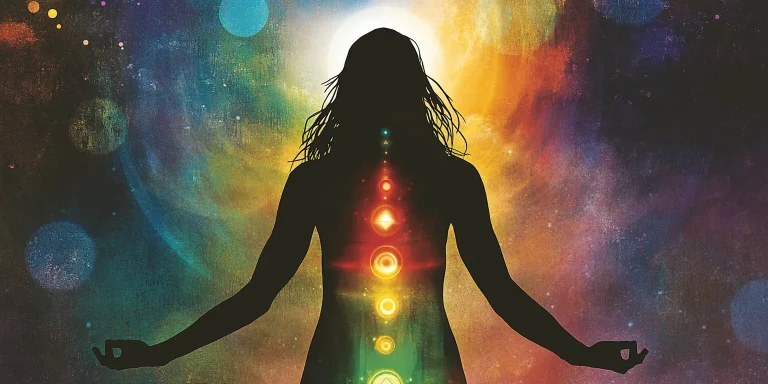
 Ross Dillon
Ross Dillon 